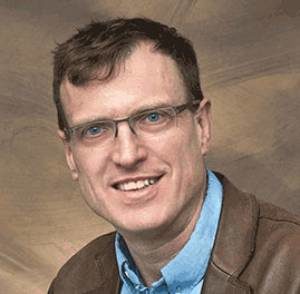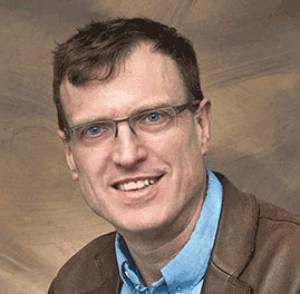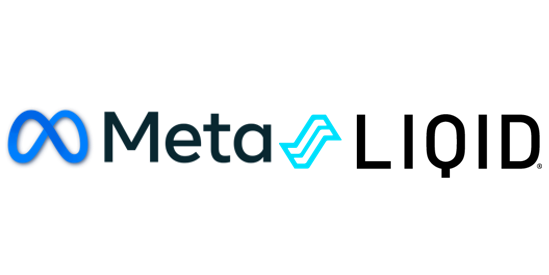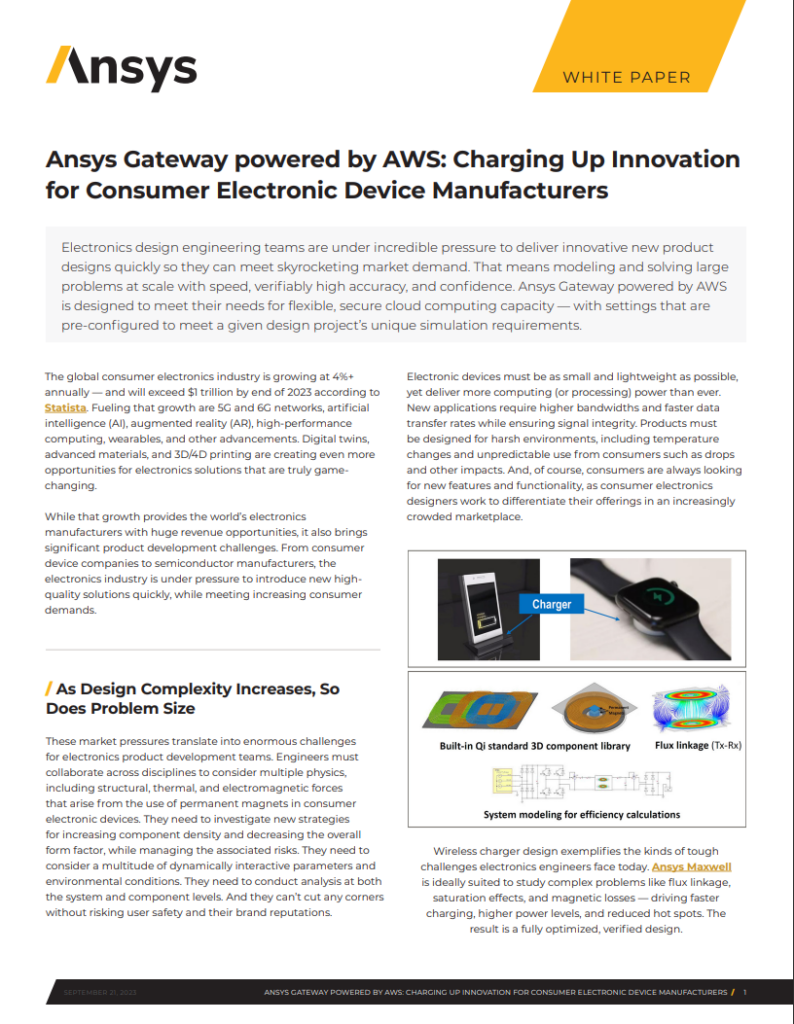 In this video from the MVAPICH User Group, Robert Harrison from the Institute of Advanced Computational Science and Brookhaven Computational Science Center presents: Three perspectives on message passing.
In this video from the MVAPICH User Group, Robert Harrison from the Institute of Advanced Computational Science and Brookhaven Computational Science Center presents: Three perspectives on message passing.
MADNESS, TESSE/EPEXA, and MolSSI are three quite different large and long-lived projects that provide different perspectives and driving needs for the future of message passing. MADNESS is a general purpose environment for fast and accurate numerical simulation. Its initial use was in chemistry but it rapidly expanded to include boundary-value problems, nuclear physics, solid state physics, and atomic physics in intense laser fields. Other projects such as TiledArray employ the MADNESS. TESSE/EPEXA is a new C++ dataflow parallel programming interface that leverages the powerful PaRSEC parallel runtime that has been extended to support irregular and dynamic computation. Both MADNESS and TiledArray will migrate to the TESSE interface. The Molecular Sciences Software Institute (MolSSI) with support from NSF serves as a nexus for science, education, and cooperation serving the worldwide community of computational molecular scientists – a broad field including of biomolecular simulation, quantum chemistry, and materials science. All three of these projects employ MPI and have a vested interest in computation at all scales, spanning the classroom to future exascale systems.
Professor Robert Harrison is a distinguished expert in high-performance computing and theoretical chemistry, and is the Endowed Chair and Director of the Institute for Advanced Computational Science at Stony Brook University. Harrison is jointly appointed with Brookhaven National Laboratory where he is a Chief Scientist for the Computational Science Initiative. Dr. Harrison came to Stony Brook from the University of Tennessee and Oak Ridge National Laboratory, where he was Professor of Chemistry and Corporate Fellow, and was also Director of the Joint Institute for Computational Sciences that is home to the NSF supercomputer center, the National Institute for Computational Science. He has an active career with over two hundred publications and with extensive service on national and international advisory committees. In 2002 he received the IEEE Computer Society Sidney Fernback Award and has received two R&D 100 awards for the development of NWChem (1999) and MADNESS (2011).




